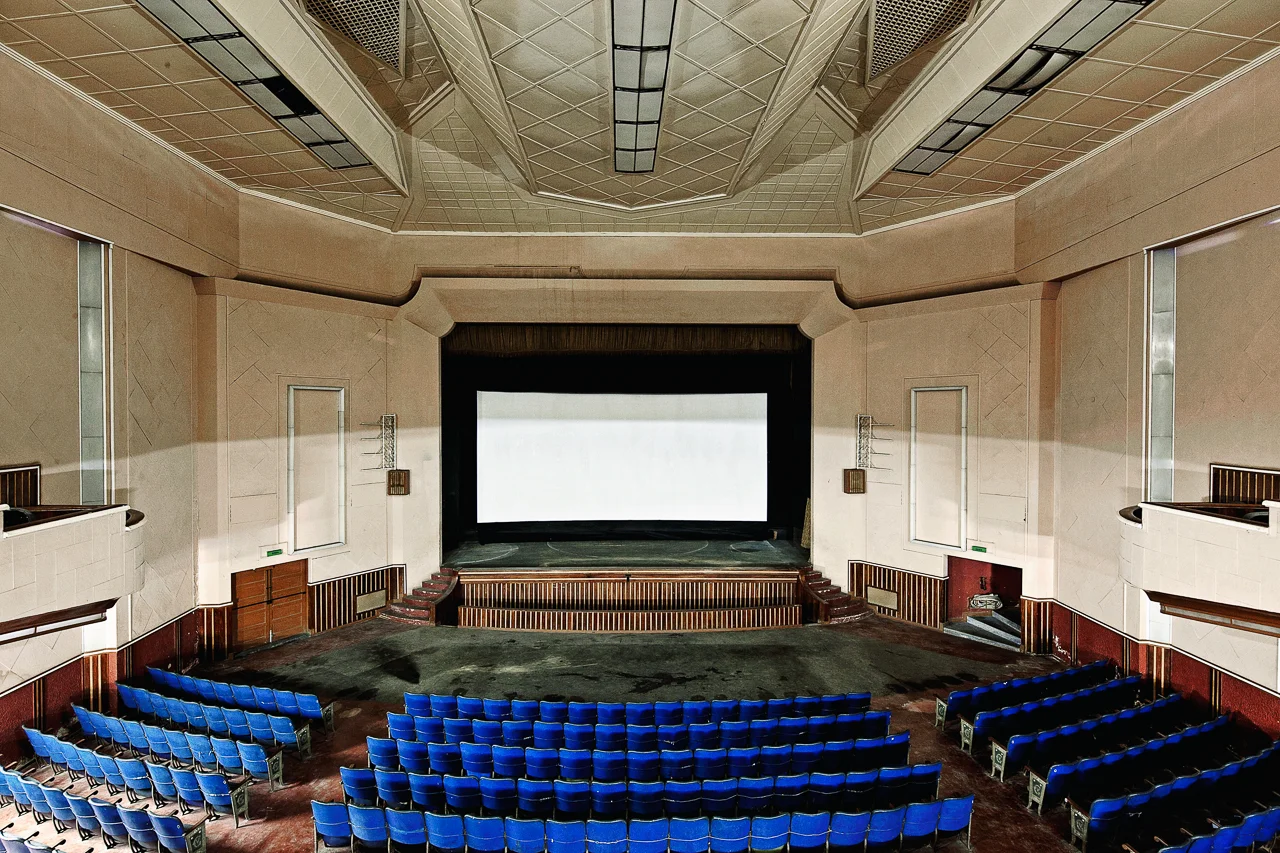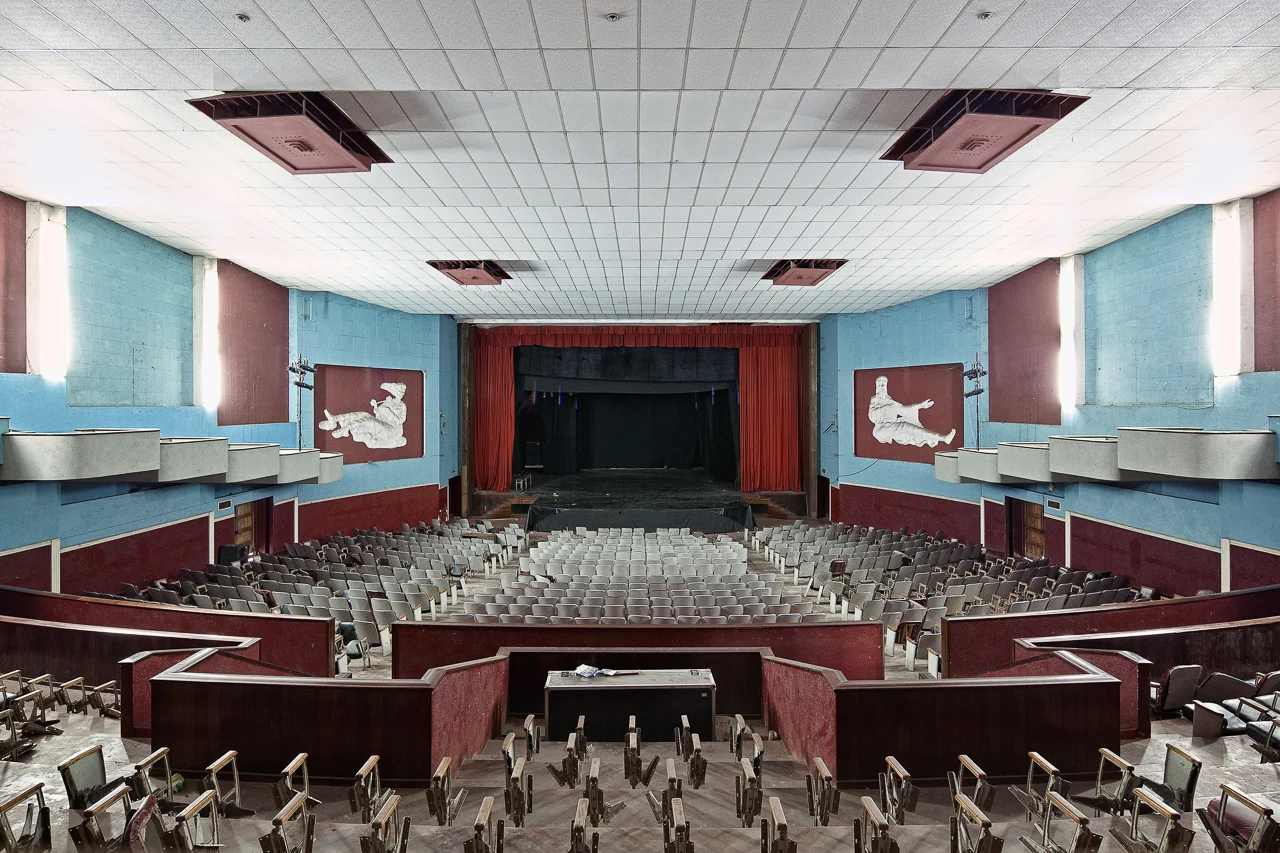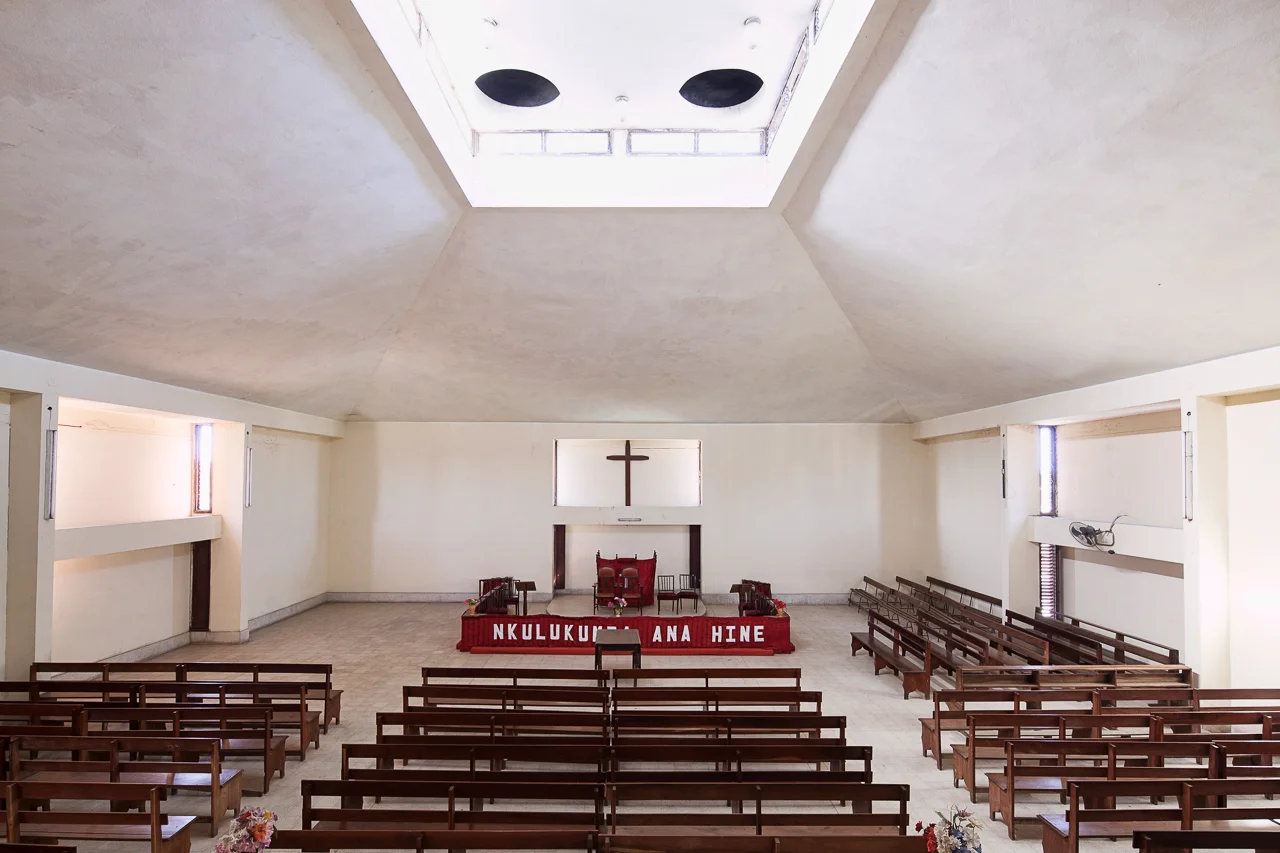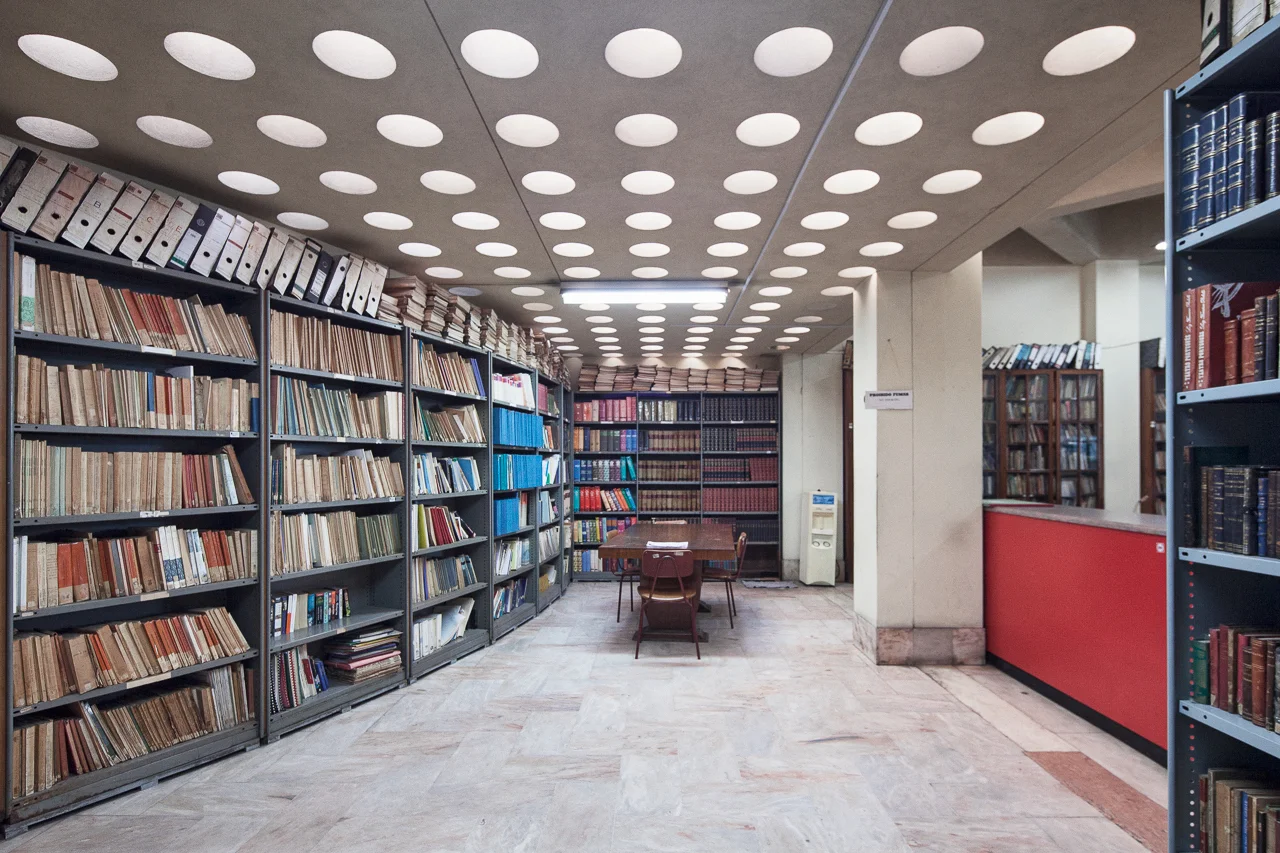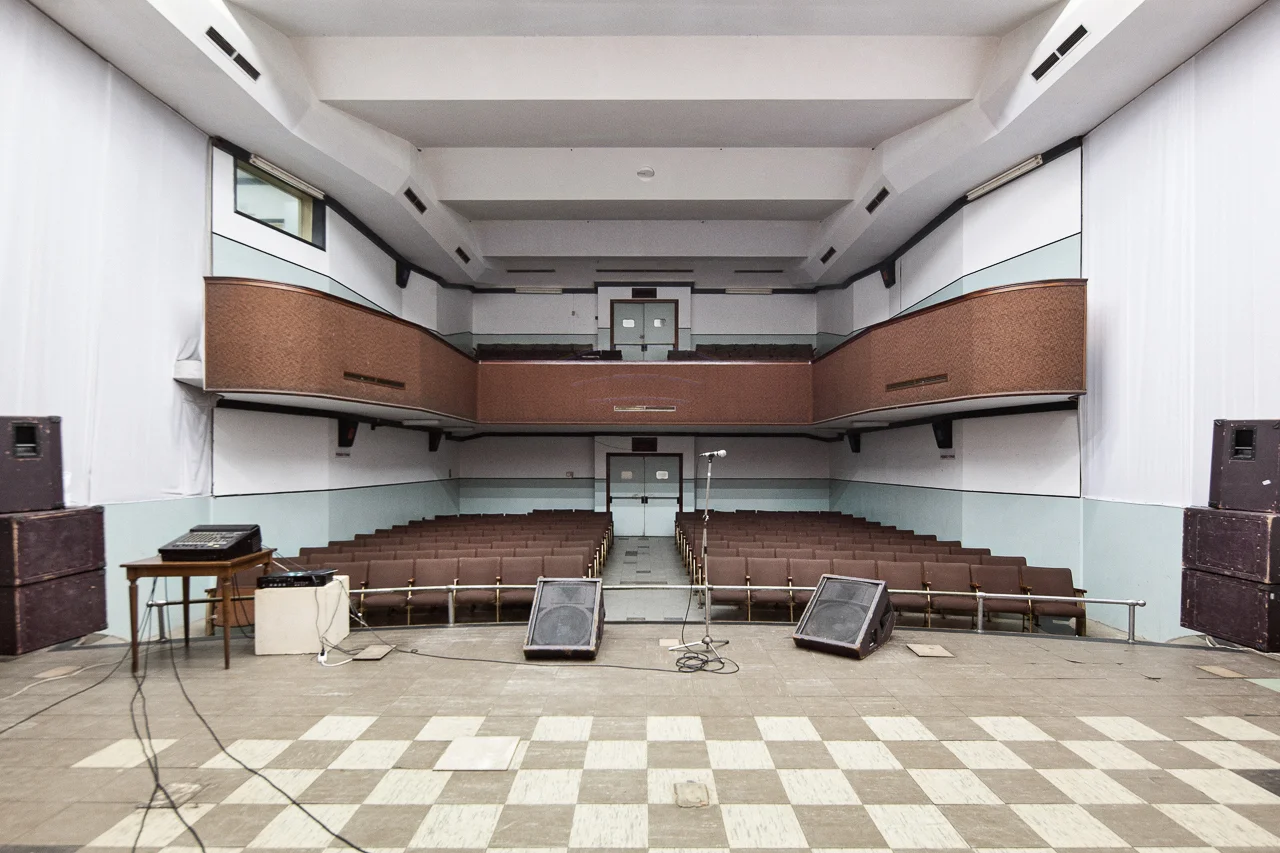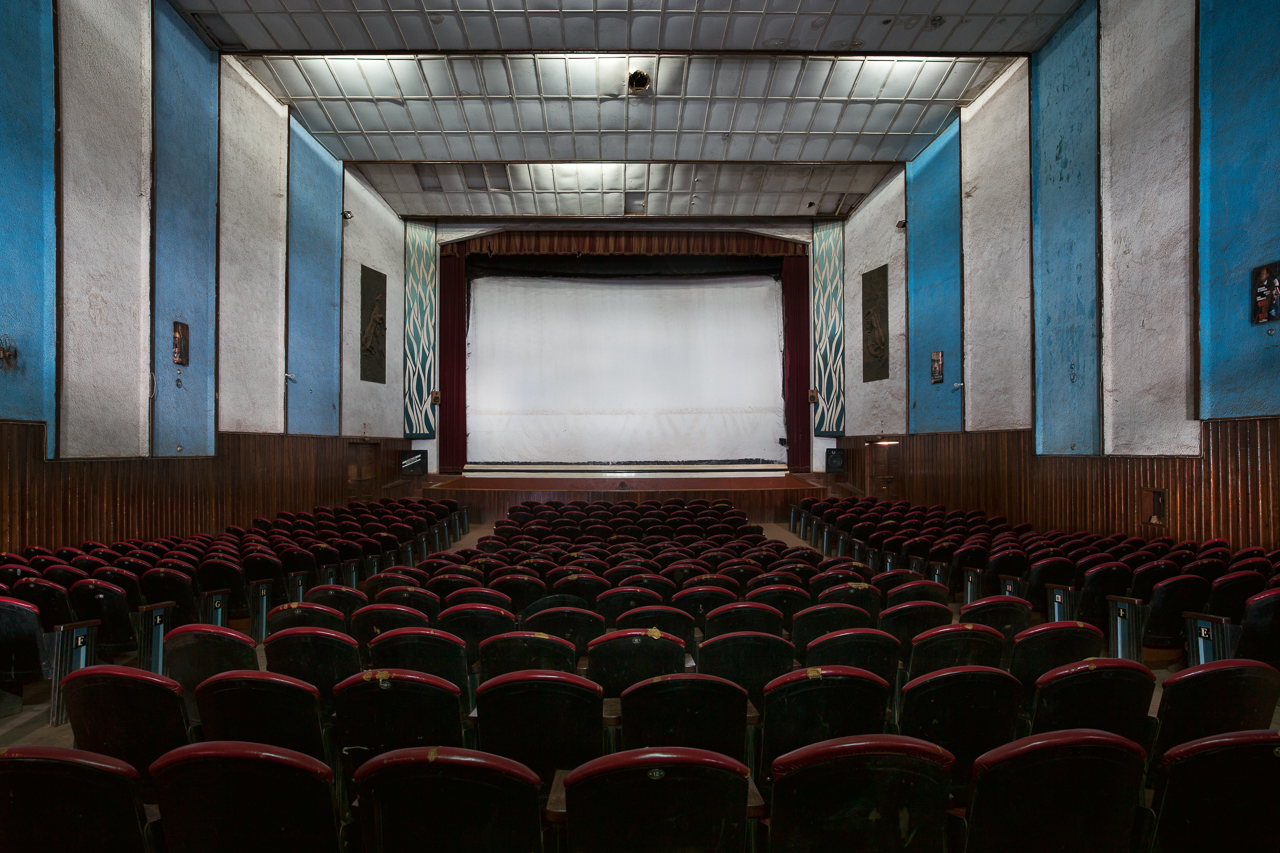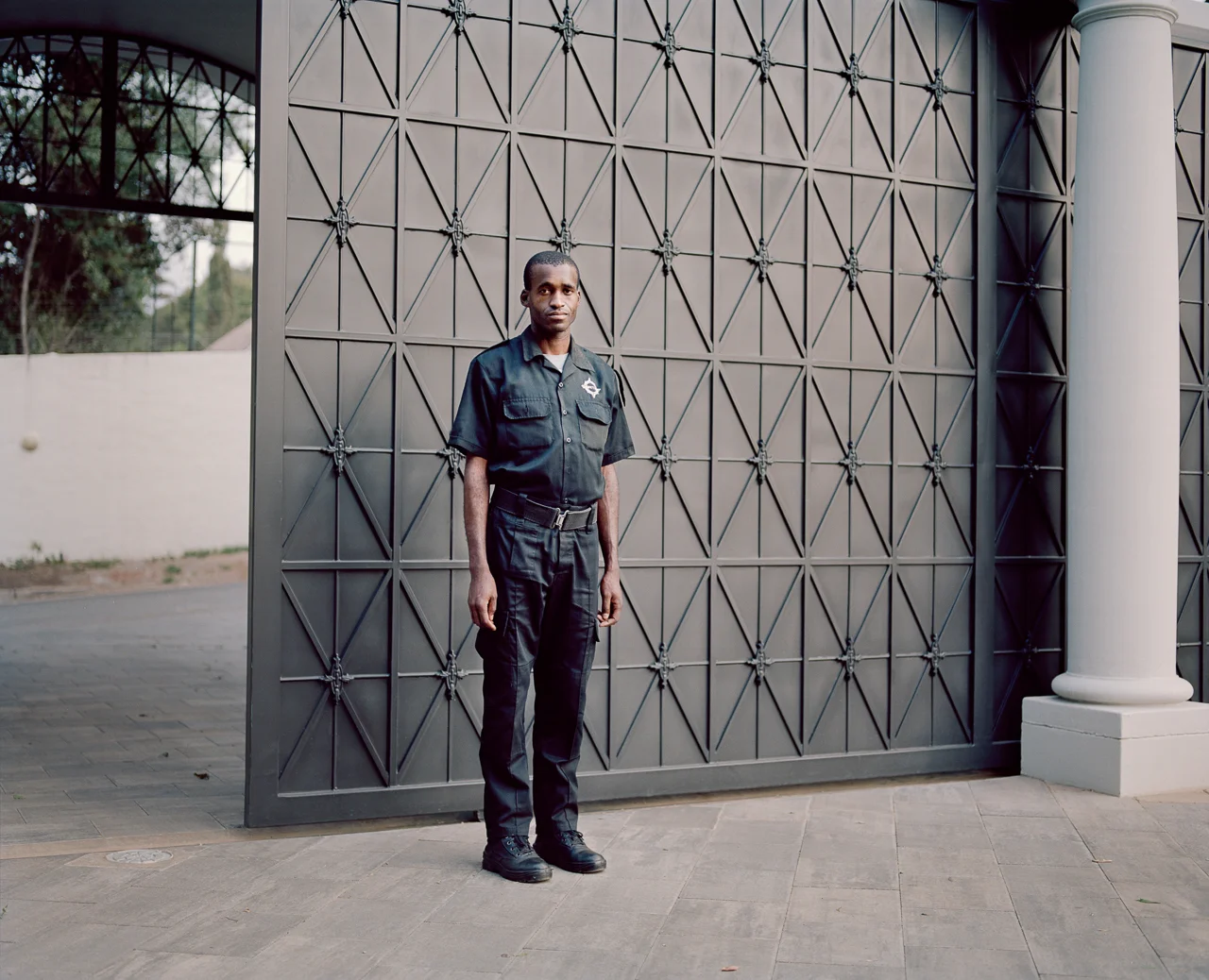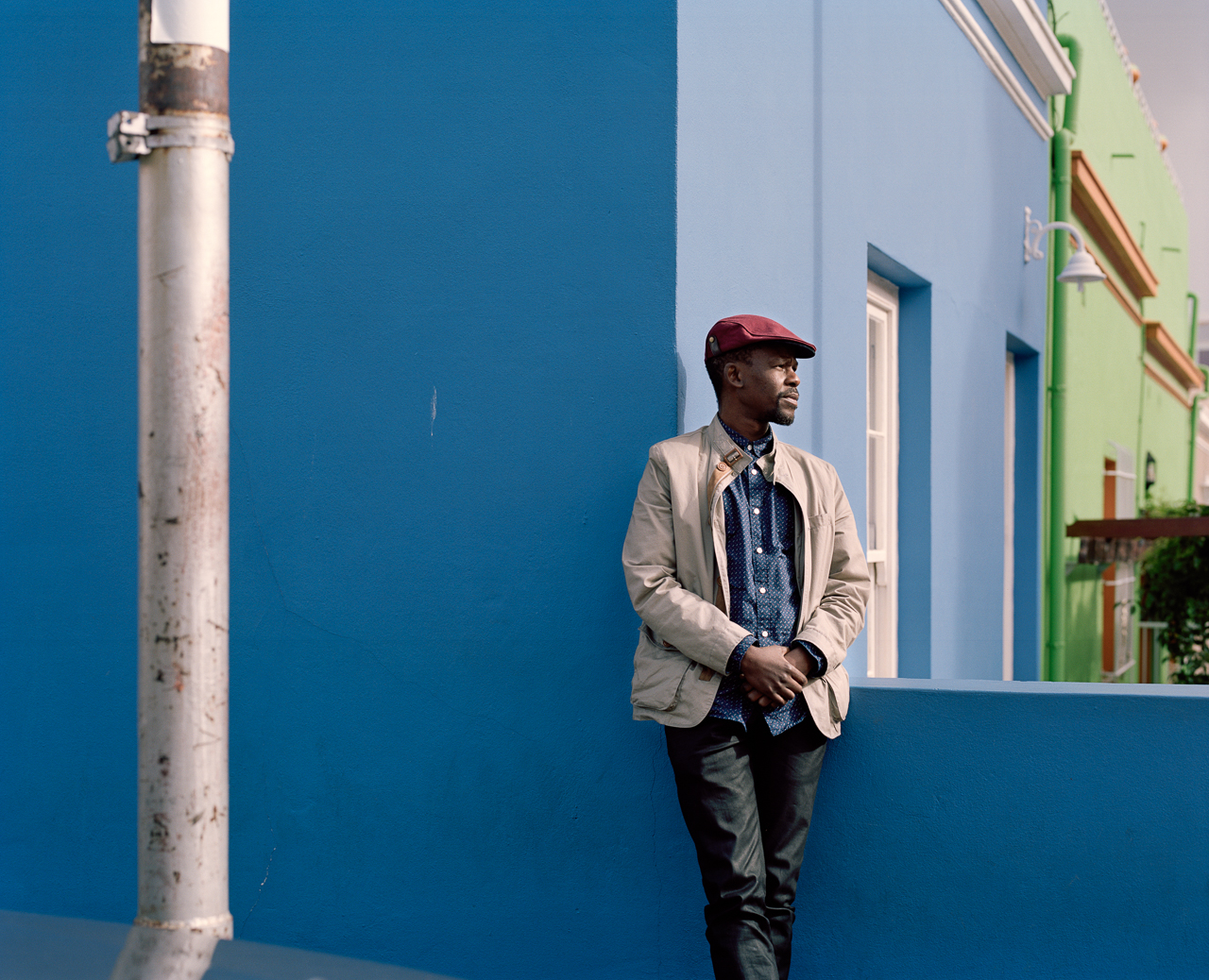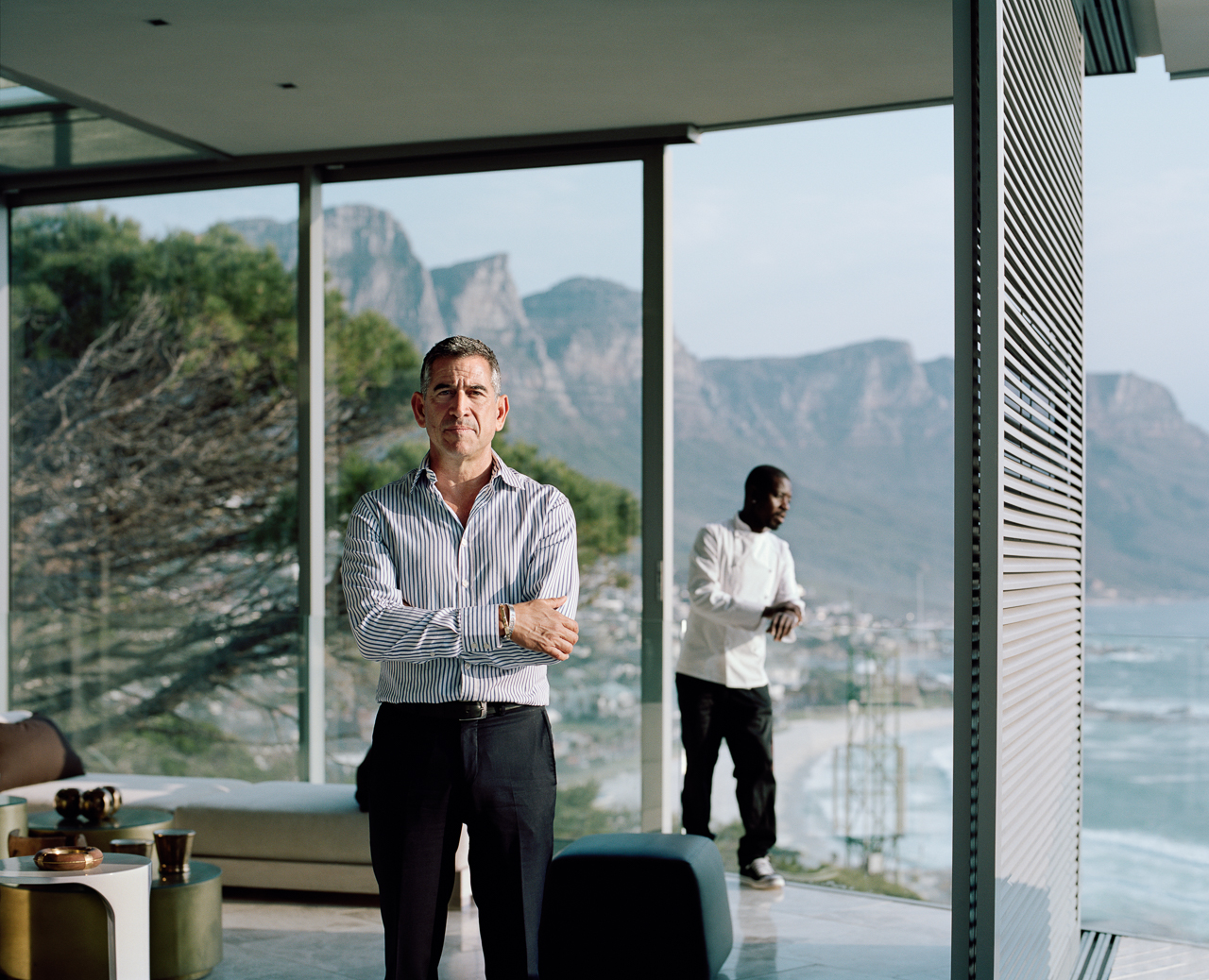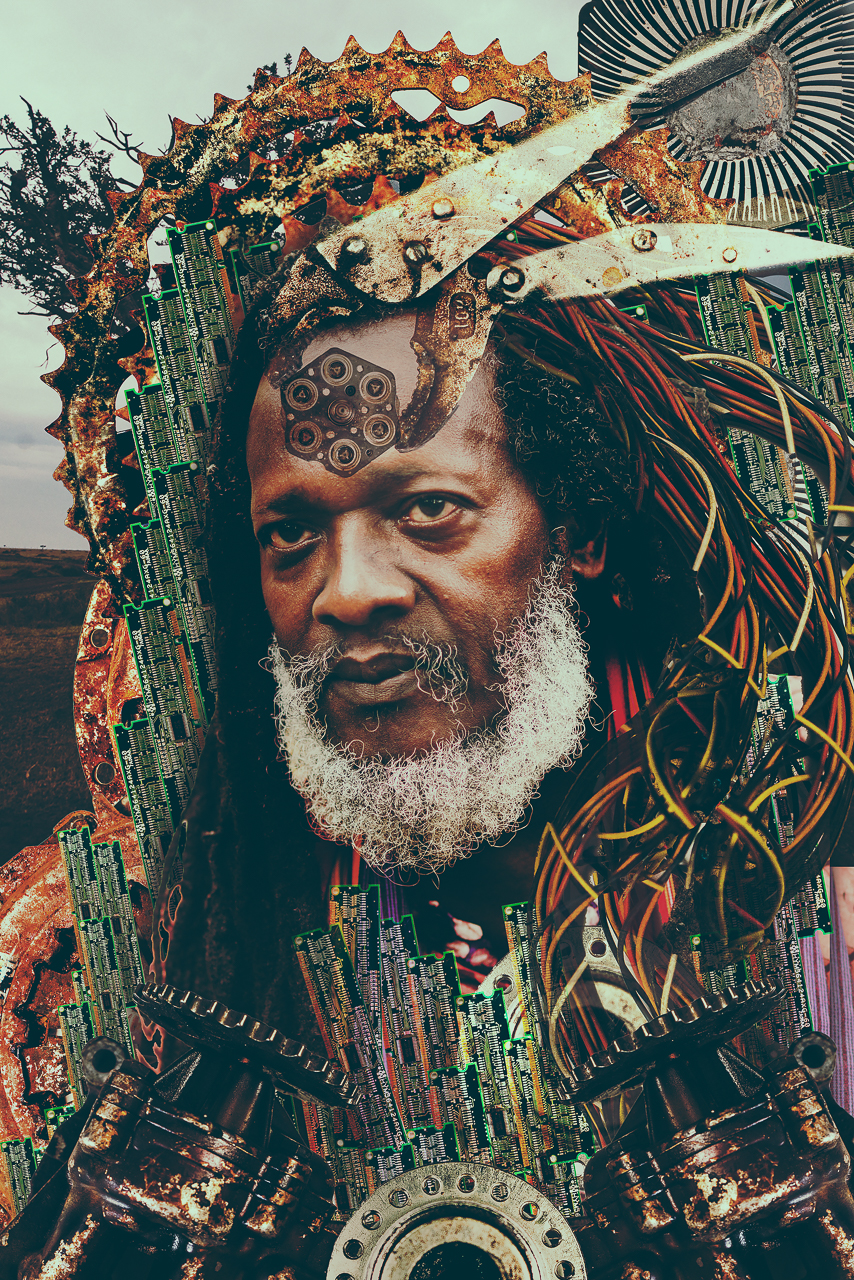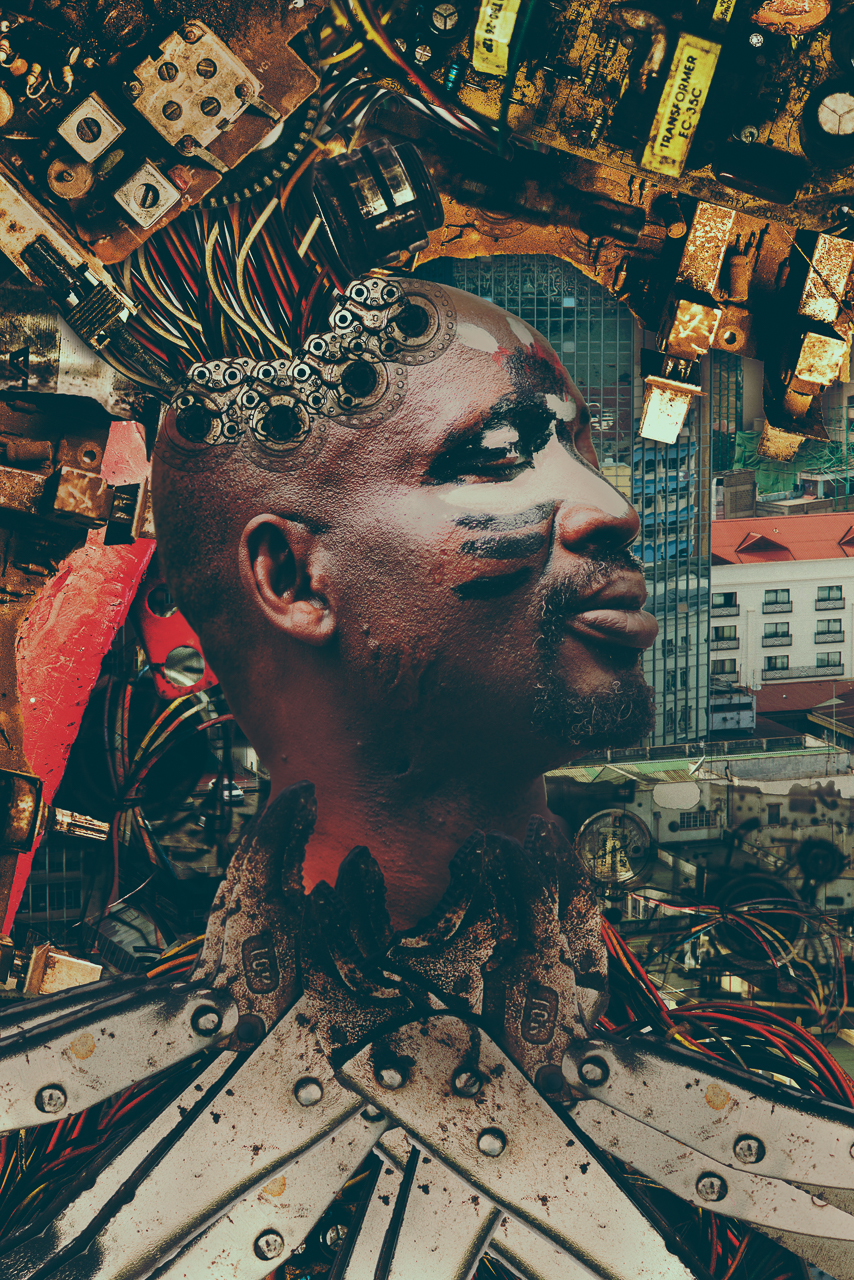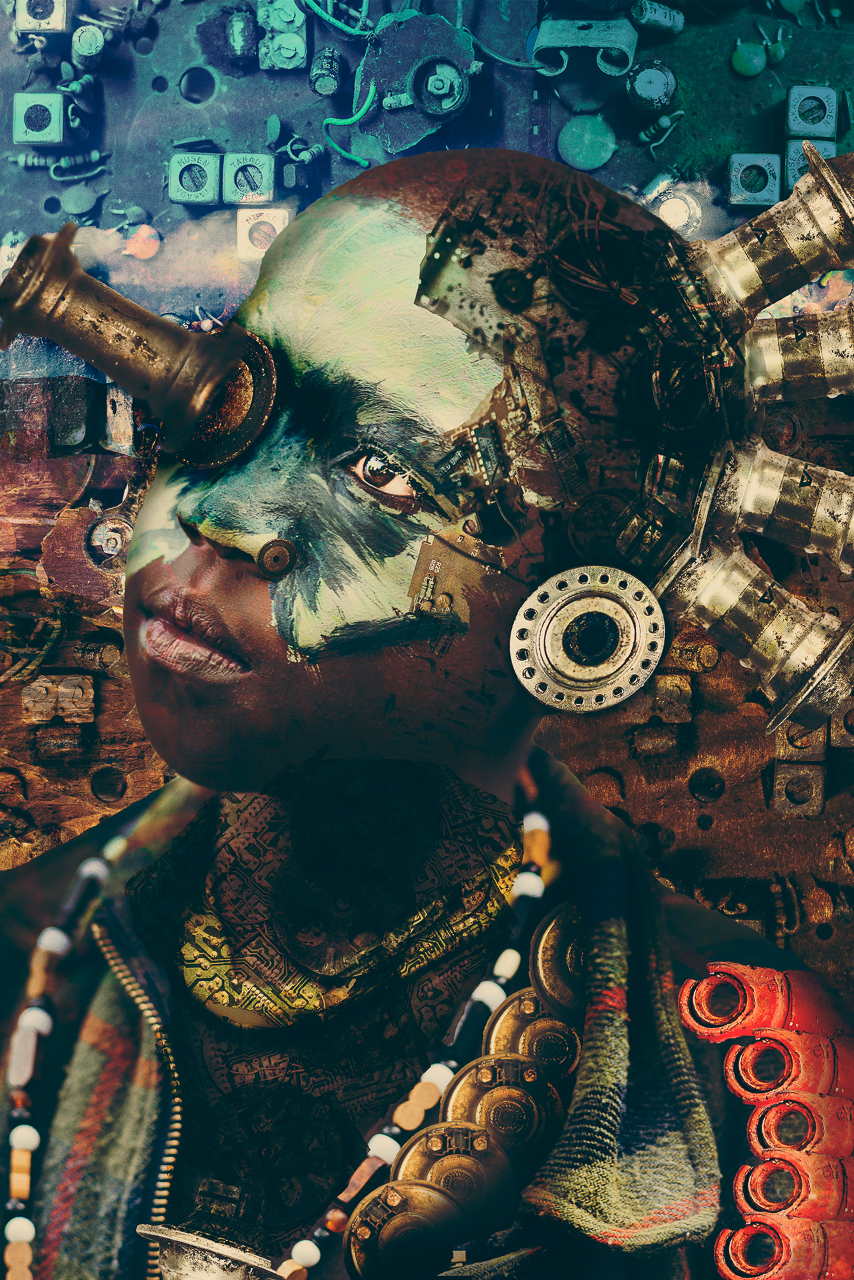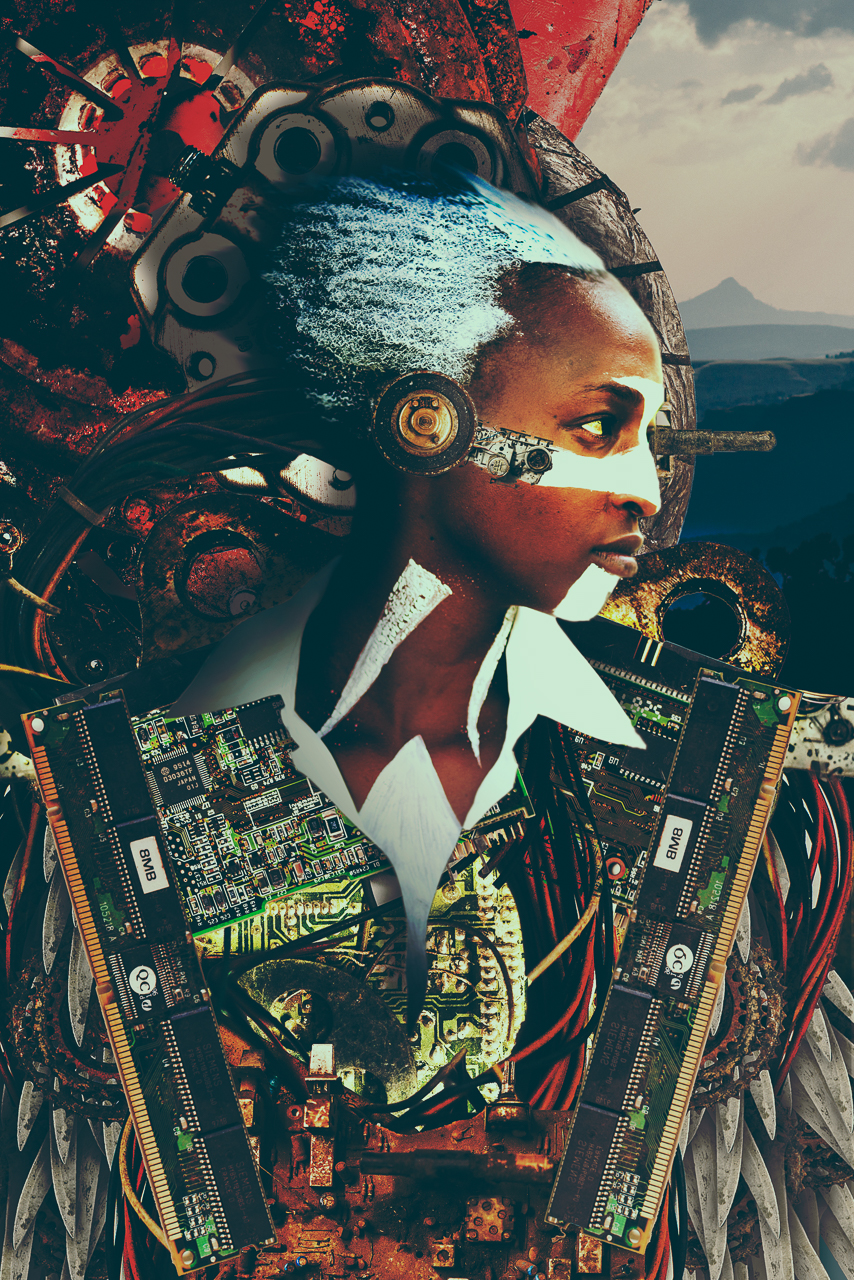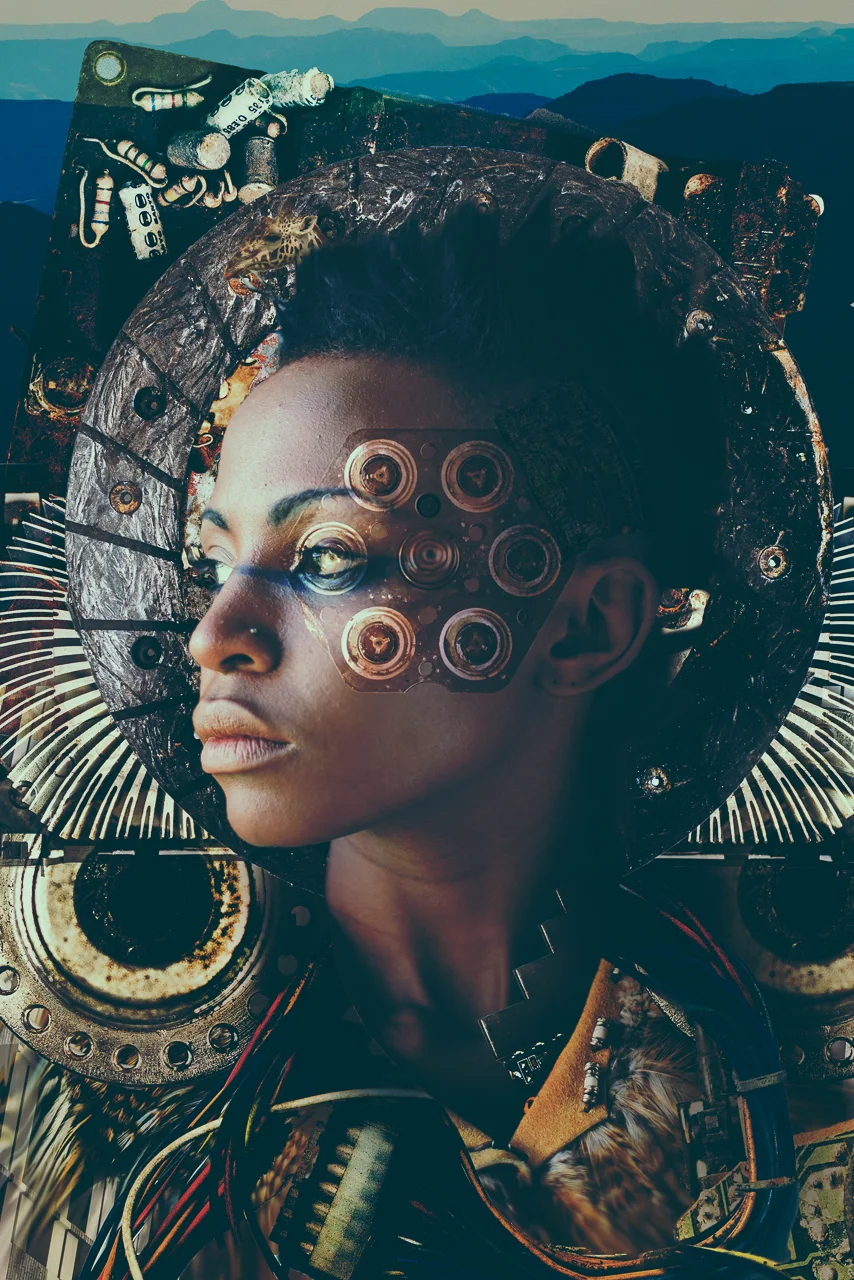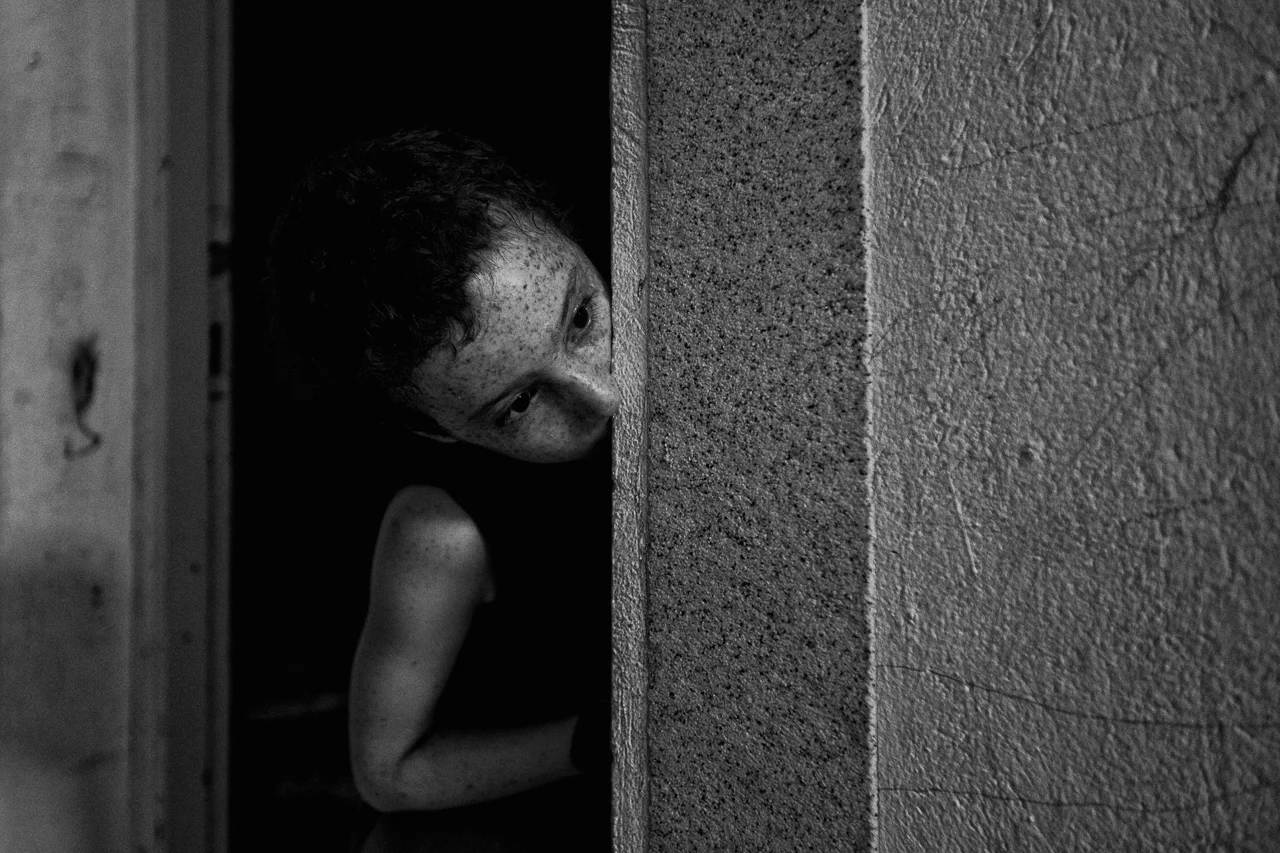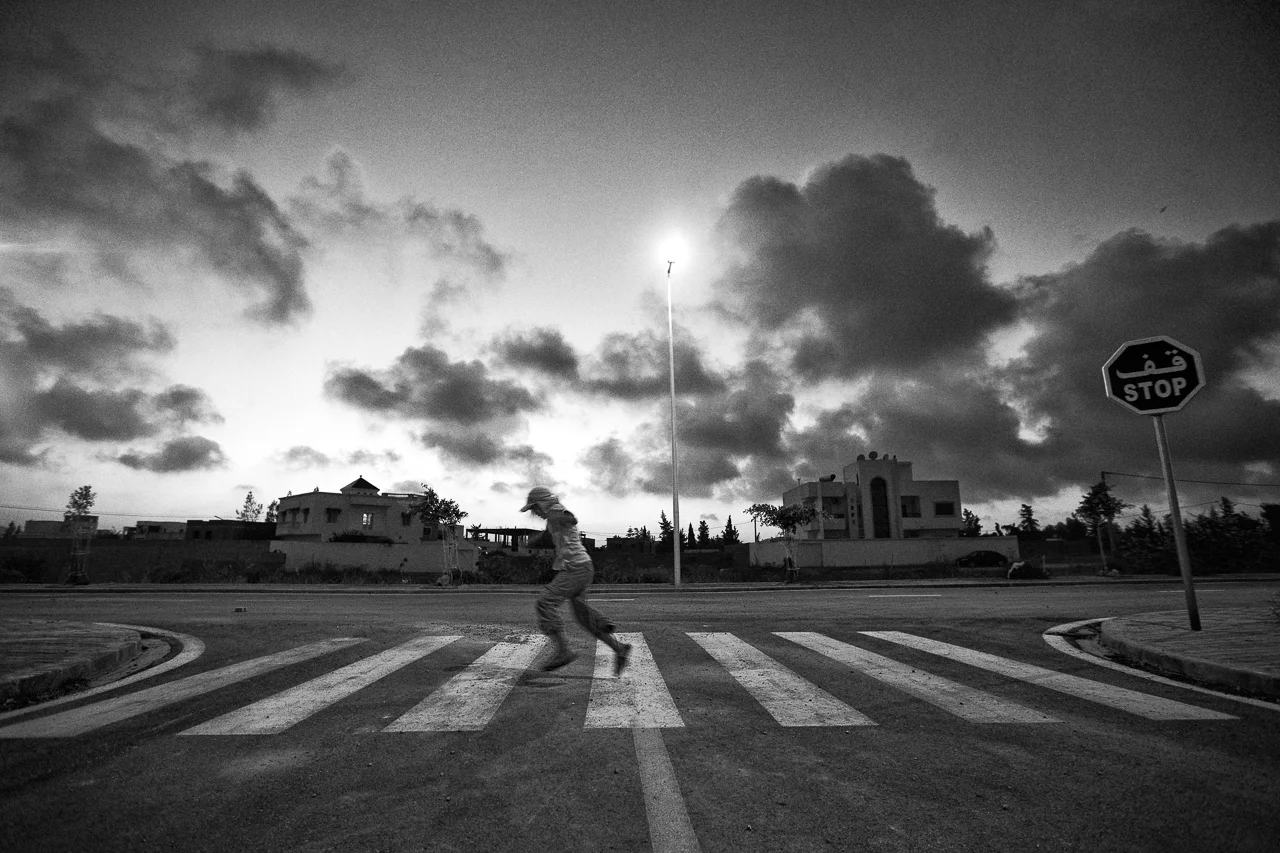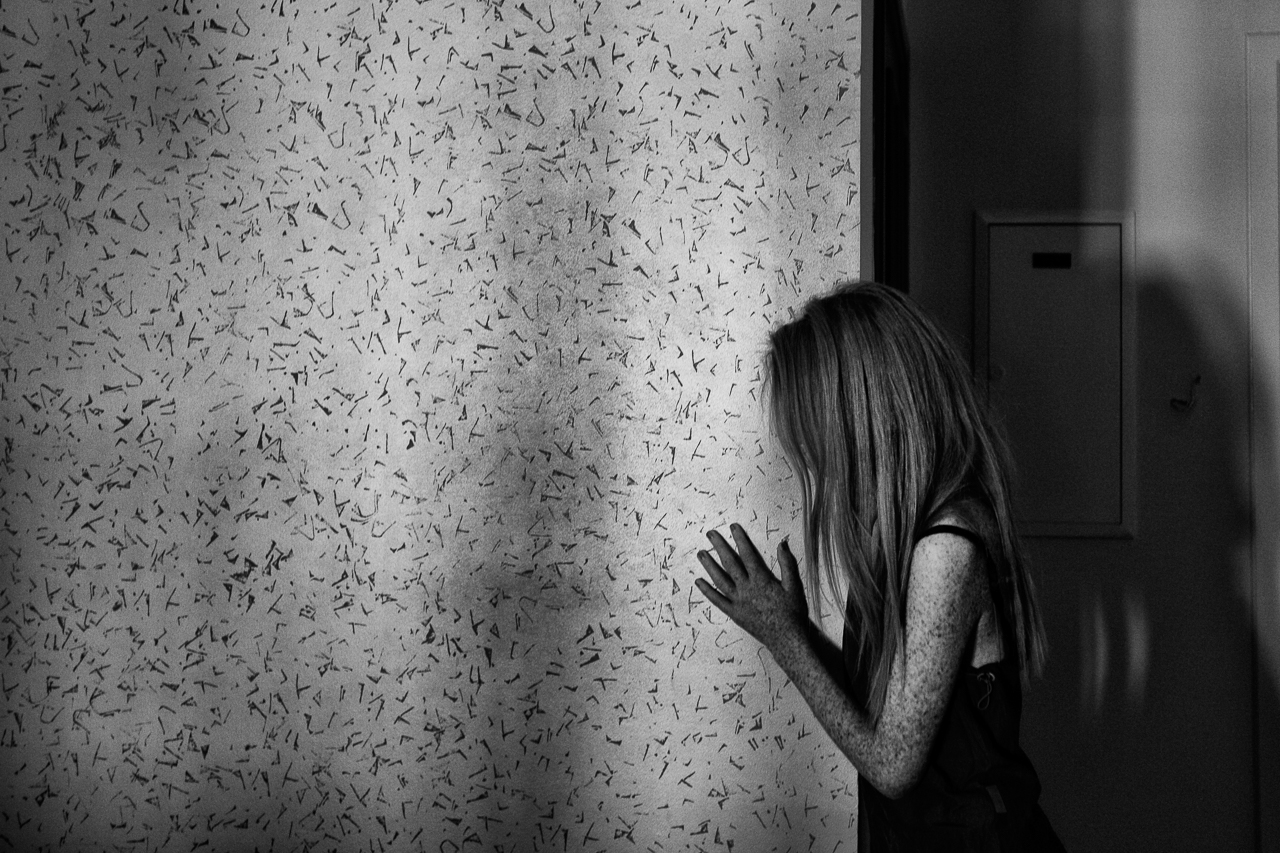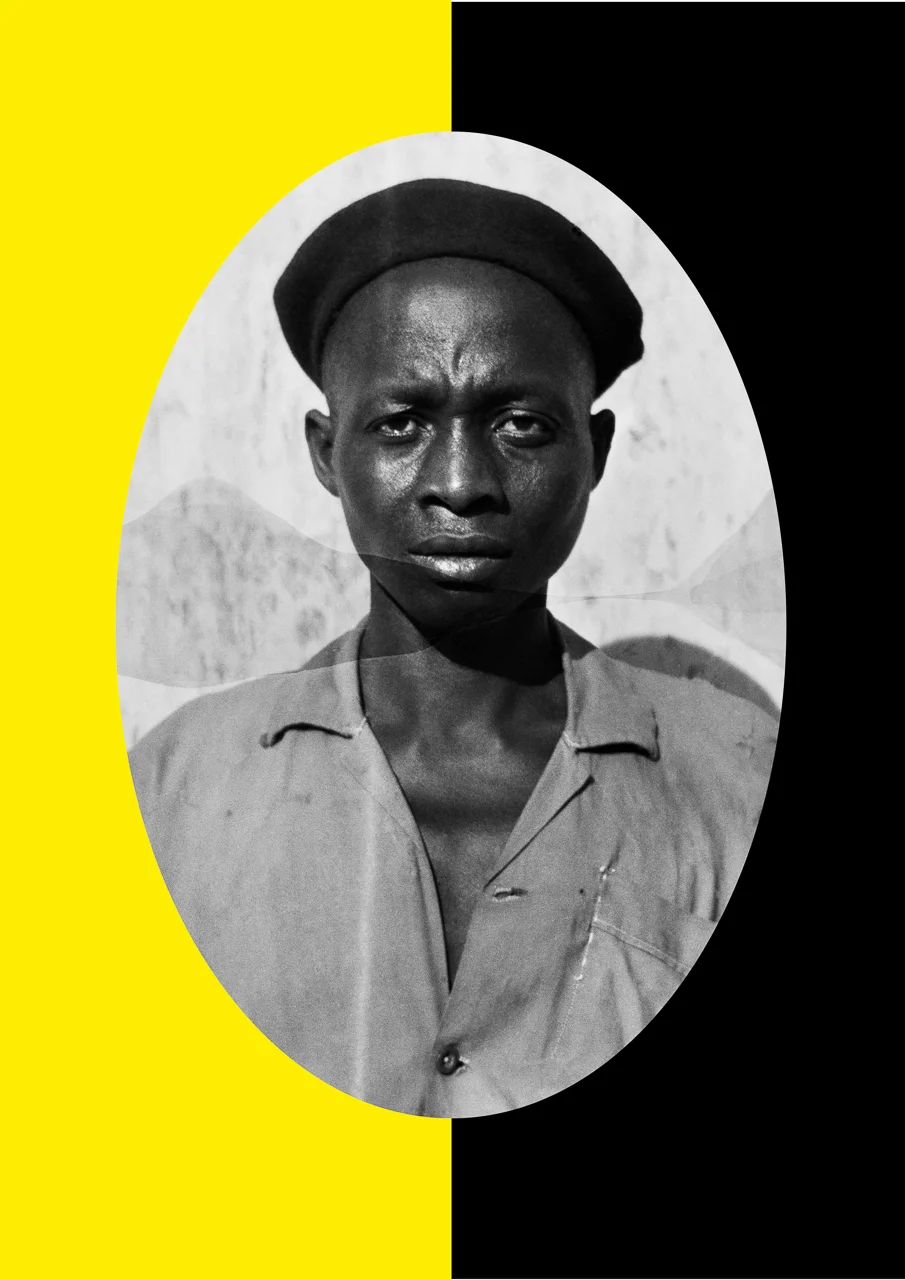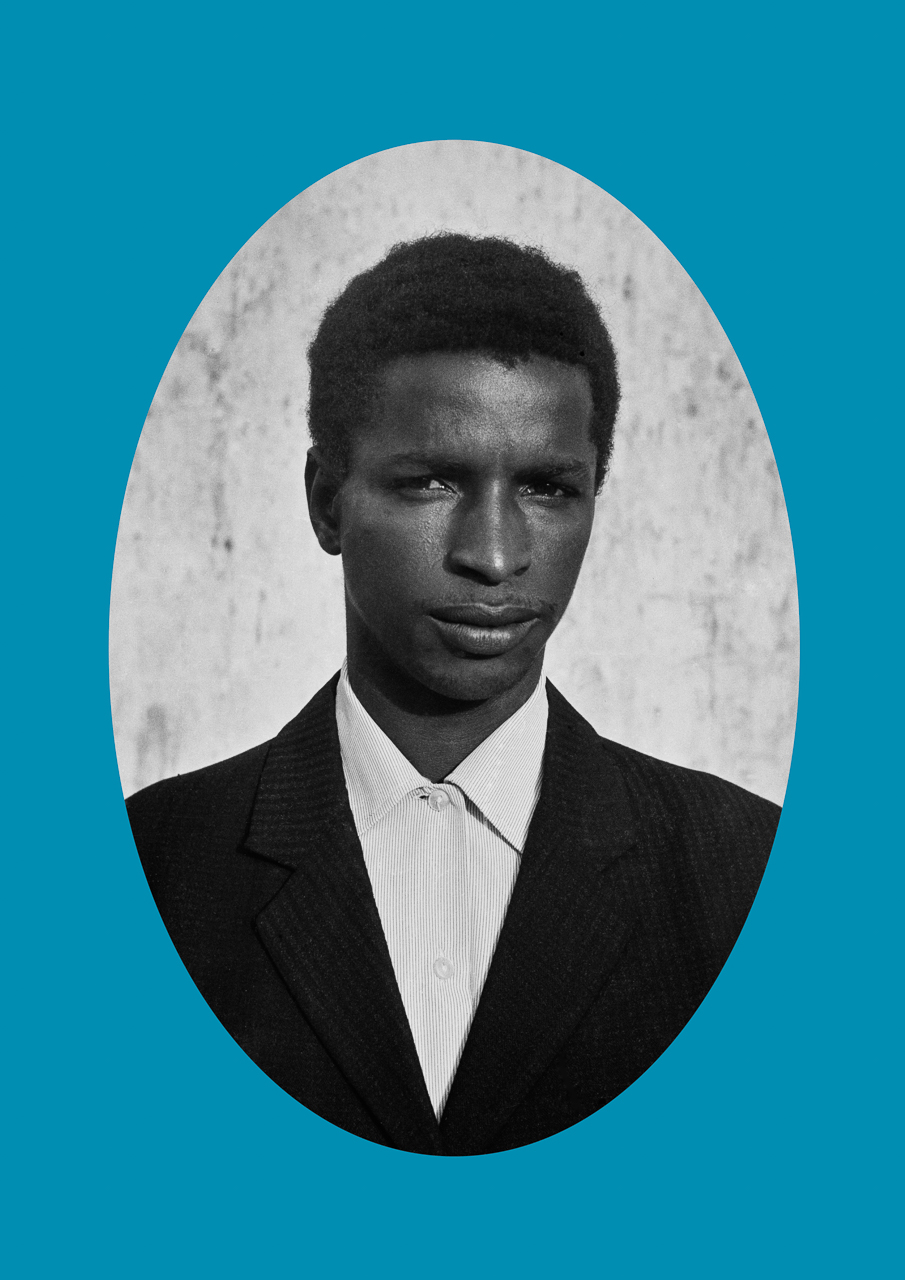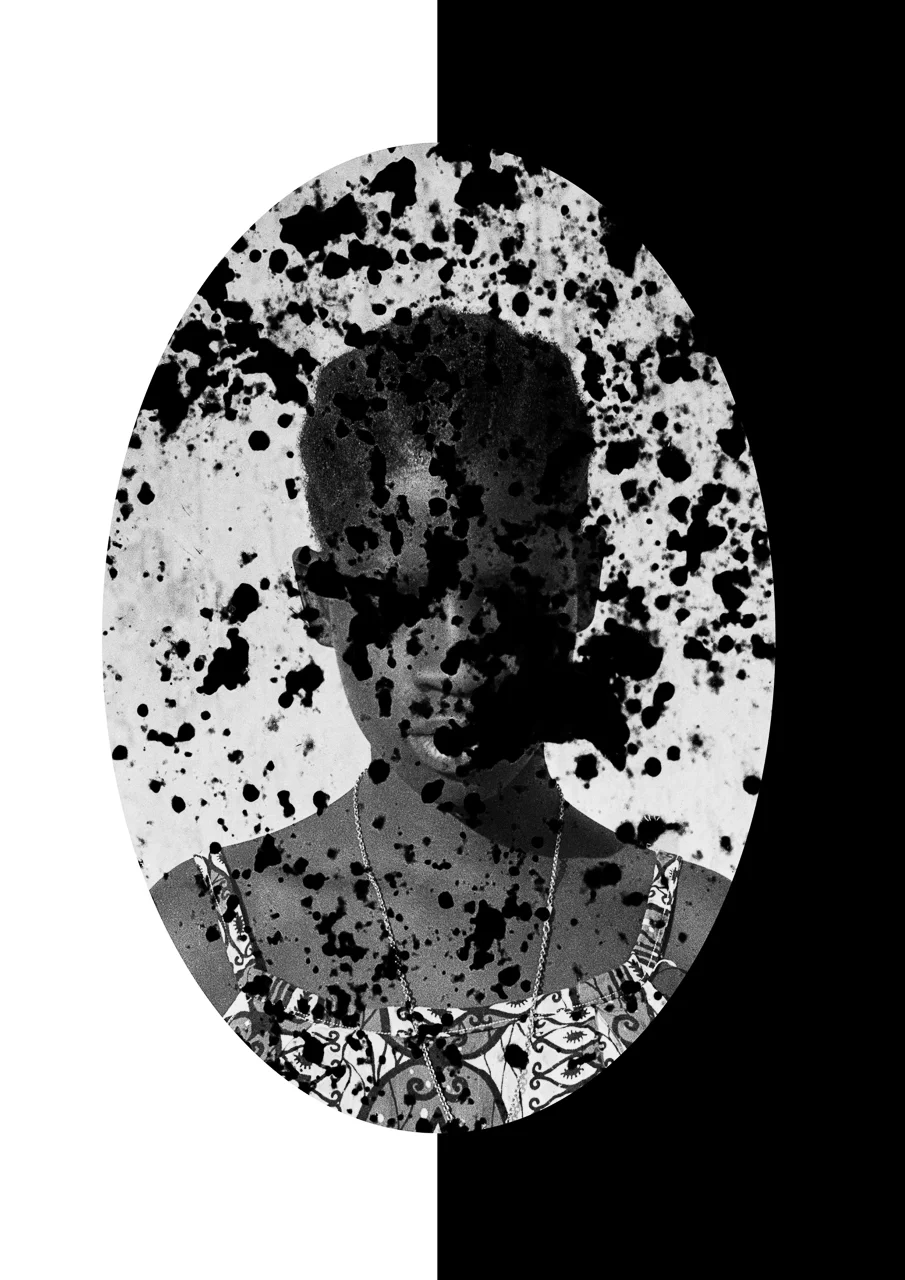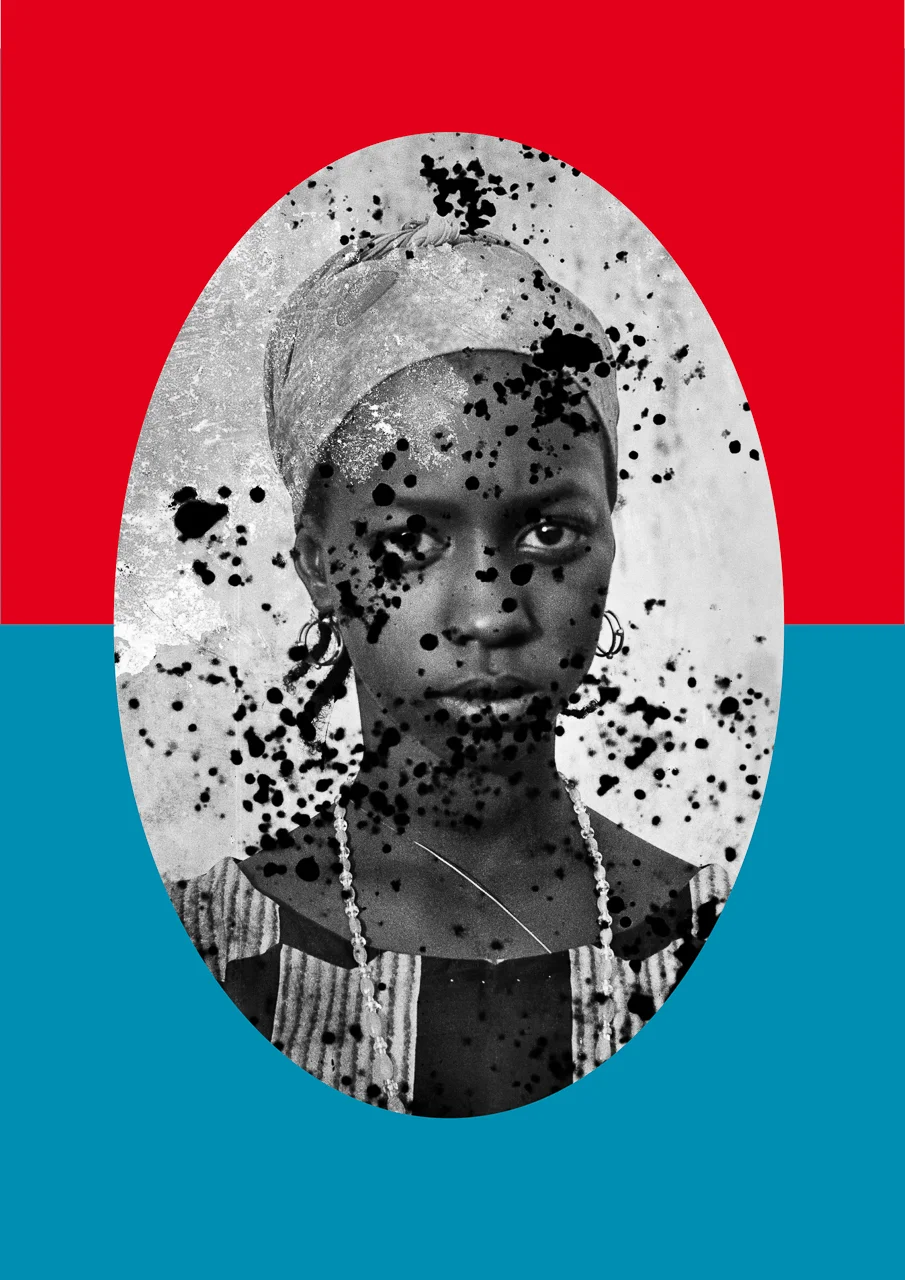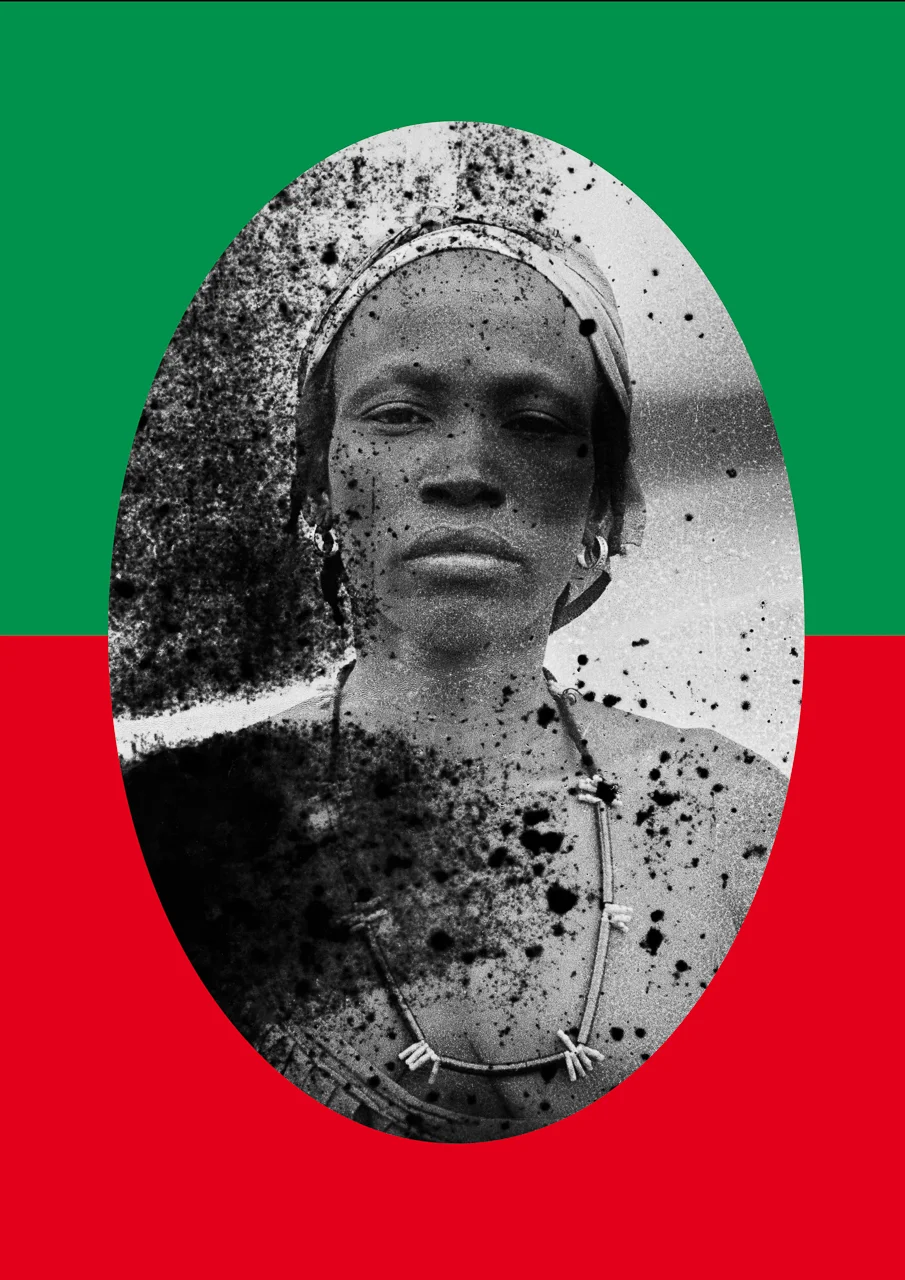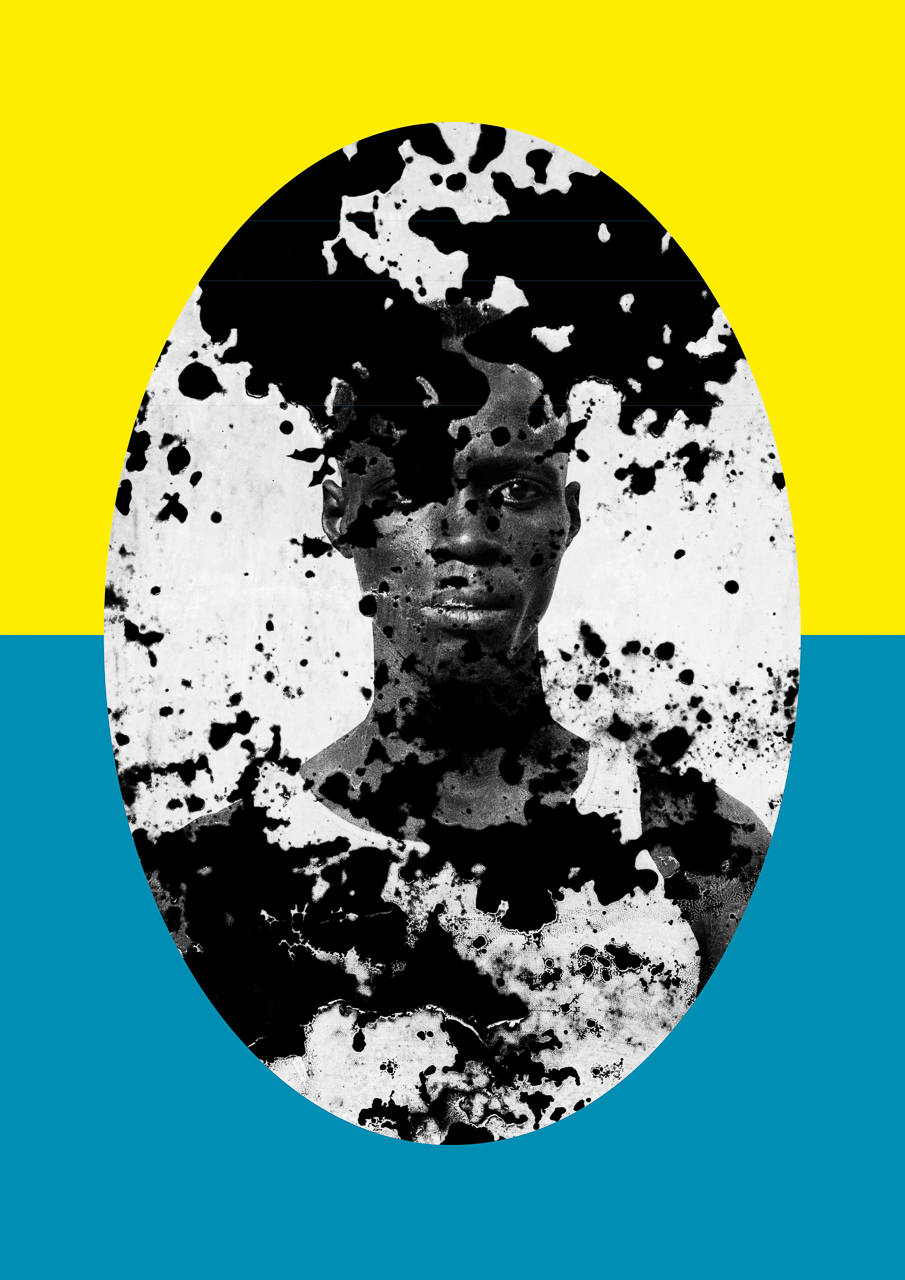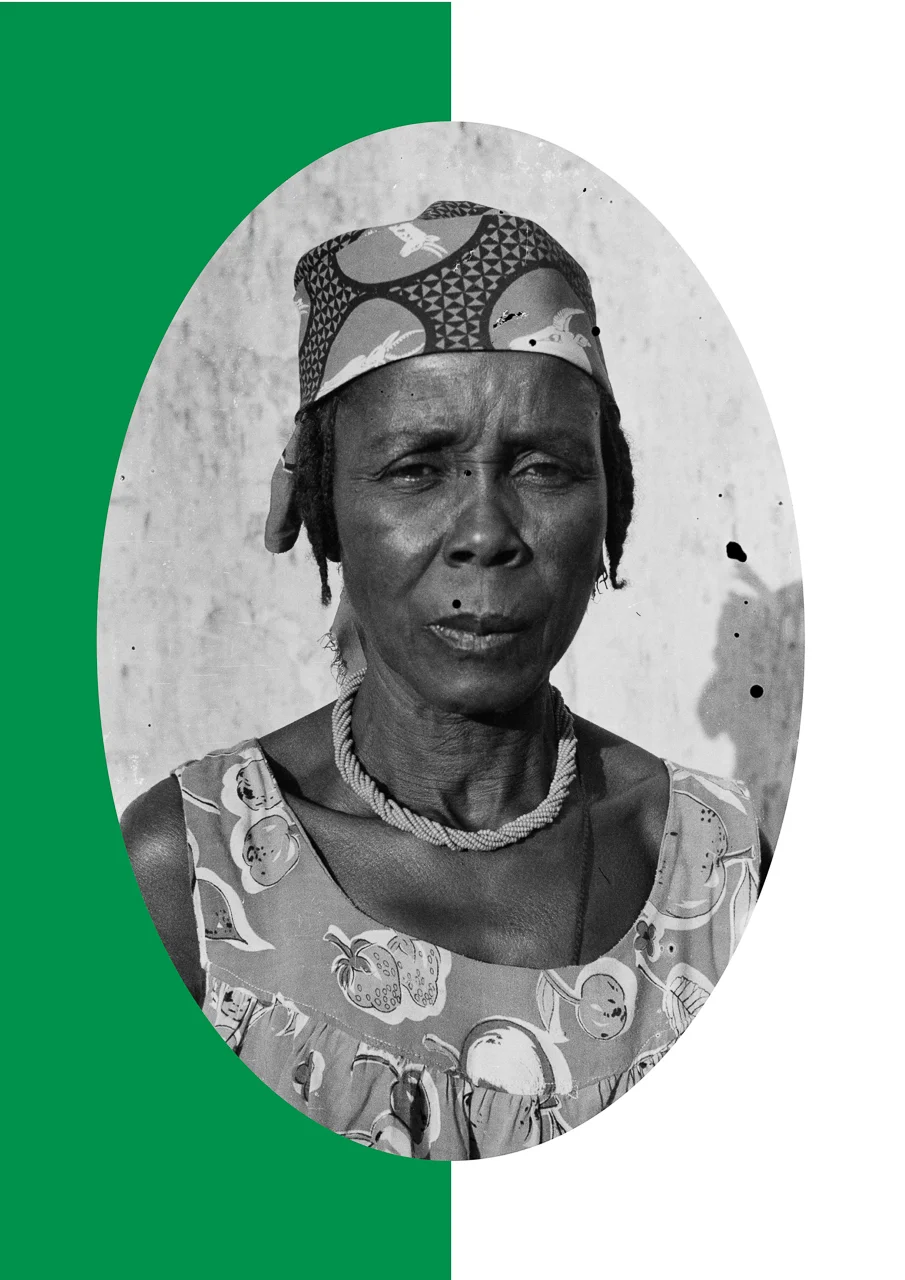POPCAP 2015
POPCAP was awarded for the fourth time in 2015. The competition received submissions from 700 artists from 58 countries, 45% of which came from African countries – an increase of 7% since the 2014 edition. The five winning portfolios were selected by an internationally-sourced 19 person panel of judges via an online judging platform. POPCAP was shown at seven international photography events such as Les Rencontres de la Photographie Ghar el Melh in Tunisia, IAF Basel – Festival for Contemporary Art in Basel, Switzerland, OBSCURA festival of photography in Malaysia, LagosPhoto Festival in Nigeria, Biennale de la Photographie Bamako, Mali and Les Rencontres de la Photographie in Fès, Morocco.
View of POPCAP 2015 exhibition at LagosPhoto Festival in November 2015, Basel, Switzerland
The POPCAP 2015 Winners
Filipe Branquinho
Born in 1977 in Maputo, Mozambique. Lives in Maputo, Mozambique
Interior Landscapes
Interior Landscapes looks at the presence of the past. Each image explores the patina of time on the spaces and forms, environments and materials, the color and the light and the urbanity of the place. The photographer does not explore these issues with any romantic nostalgia or sentimentality, rather with the perspective and the eye of the reporter. The absence of human presence in each image increases the intensity of a dramatic presence, deaf and ambiguous, which is revealed in the illustration and use of the site as seen by its owner, user or occupant.
Zed Nelson
Born in 1965 in Kampala, Uganda. Lives in London, United Kingdom
www.zednelson.com | Instagram: @zed_nelson
South Africa – After Mandela
Twenty years after the end of Apartheid, South Africa remains one of the most unequal societies in the world. Mandela preached forgiveness and cooperation and paved the way for a robust democracy. But now he is gone. The African National Congress (ANC) came to power with promises that it would improve the lives of the majority black population. But many black South Africans are today materially worse off than they were under Apartheid. The new black elite ruling class may be doing well, but the majority of black South Africans have been left behind. Ironically, no longer the pariah of the world, South Africa’s white minority are even better off now than they were during the Apartheid era. But with Mandela gone, the nation’s white population are looking over their shoulders. Many fear for their future. Without Mandela’s steadying, fatherly influence, there is no consensus about what will happen now. Some prophesize ‘the next Zimbabwe’. 80 percent of privately owned land in South Africa is still in white hands, and young firebrand opposition leaders are calling for radical land redistribution, Mugabe style. The majority poor black population are increasingly frustrated, the white population are increasingly fearful. With the great statesman gone, the stage is set for change. Mandela leaves behind a poignant but fragile legacy, and the question of whether the South Africa he constructed will outlast his departure.
Tahir Carl Karmali
Born in 1987 in Nairobi, Kenya. Lives in New York City, USA
www.tahirk.com | Instagram: @tacaka
Jua Kali
A selection of images from Jua Kali is available for sale at Edition POPCAP.
This photographic series represents the journey of the artisan into self-creation, stemming from the informality of curating one’s life experiences to generate a perceived self-image and inspired by the informal sector that breathes character into Nairobi’s economy. The Jua Kali sector is built from the opportunistic personality and perseverance of the Jua Kali workers who often use locally-sourced recycled or found objects to develop their creations. I have used this element of Nairobi to describe one’s perceived self-image created from the idea of the Jua Kali philosophy. Each portrait describes a personality that has created a surreal self-image to fit into Nairobi’s Jua Kali world. Jua Kali is Swahili for “Fierce Sun”, referring to the informal labourers who worked under the hot sun. Now it is a term used to describe people who work in any informal way or to describe work that is substandard. Although in reality it is the Jua Kali sector that fuels the city of Nairobi.
Zied Ben Romdhane
Born in 1981 in Tunis, Tunisia. Lives in Tunis Ariena, Tunisia
www.ziedbenromdhane.net | Instagram: @ziedbromdhane
Children of the Moon
Xeroderma Pigmentosum, or XP, is a genetic disorder that affects the ability of skin cells to repair the damage done by ultraviolet (UV) light. This means that UV light can easily cause burns, cancers, and other skin malignancies. In extreme cases, those suffering from XP have to avoid exposure to even the smallest amount of sunlight, and even be wary of artificial sources of UV light such as neon tubes and some energy-saving fluorescent lamps. The necessity of complete avoidance of sunlight has led to individuals with the disease being given the nickname Les Enfants de la Lune (Children of the Moon).
The incidence of XP in Tunisia is very high. Children from poorer families are the most commonly affected, as less-educated parents fail to understand the disease, or the preventative measures that must be taken. Early diagnosis and avoidance of the sun is essential. State help for people with XP is minimal, though shortly before the 2010/2011 revolution an NGO was founded to help raise awareness of XP and help people with the condition to gain better access to medical attention.
The project straddles the boundary between fact and fiction. The photographs do not take a purely documentary approach. The camera is used not only to raise social issues, but also as a tool for the imagination. By playing with light and partially directing the subjects, alienating images emerge, with the surroundings as an gloomy stage set.
Romaric Tisserand
Born in 1974 in Toulouse, France. Lives in Paris, France
www.romarictisserand.com | Instagram: @momologue_studio_paris
Ultramar (Empire Travel Club) transforms the exhibition space into a travel agency from an empire in the past. Everything present mentally recreates this destination: depicting the unknown soldier’s intimate diary; thousands of individual lives in the form of thousands of free postcards to take away, combining to create a collective memory, mixing past with present, creating the future and reframing history. These images are an augmented archive of 166 portraits issued from six rolls of black and white silver gelatin negatives found in the ground of a pavement in Lisbon in 2001, revealing the portraits of young Africans and soldiers from another time.
Without an image, there is no event.
Without an event, there is no history.
Without history, there is no future.



